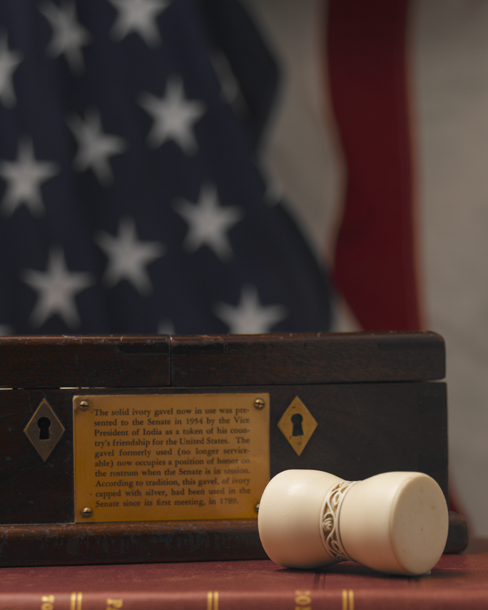The Alabama Department of Mental Health Found in Violation of the Uniformed Services Employment and Reemployment Rights Act

The Alabama Department of Mental Health (ADMH) was found in violation of the Uniformed Services Employment and Reemployment Rights Act (USERRA) of 1994 on Wednesday July 28, 2010. Roy Hamilton, a returned soldier from Iraq received an honorable discharge from the military in April of 2005. He filed for reemployment at the ADMH, where his request was outright ignored. How are soldier victimized by their label as a returned veteran, with respect to employment? Are there services in place to protect and treat soldier with mental, emotional and physical wounds from combat?
U.S. District Court Chief Justice Mark E. Fuller was the presiding judiciary for the case of Roy Hamilton. Now, the United States is entitled to amending policies, procedures and training programs for ADMH personnel and staff. This case is unique as a State Department of Mental Health was found to be in violation of the USERRA. Roy Hamilton was discriminated against by a mental health department in a country that he risked his life to defend.
If Ray wasn’t suffering from PTSD, physical incapacities or other psychological distress, why would the ADMH ignore his reemployment request? This case raises major ethical questions and concerns about the treatment of soldiers returning to civilian life in the U.S. However, the outlook for these individuals isn’t completely bleak.
The Wounded Warriors Project (WWP) is an initiative “to honor and empower wounded warriors” after they have suffered from major injury in combat. Their projects include collaboration with the NFL team, the New Orleans Saints of New Orleans, Louisiana. Players and veterans practice rehabilitative exercises using Nintendo Wii for this project. A program called Pro vs. G.I. Joe and the WWP are working together in this one of a kind process to service the brave heroes that fought for American freedom.
Ronda Jarvis, the executive vice president of physical health and rehabilitation for the WWP, says: “This type of physical activity goes a long way in healing the mind and spirit of a wounded warrior. The WWP has numerous other programs to treat and address the concerns of families and wounded warriors themselves.
Though the WWP is an amazing testament of work in progress for emotionally, physically and mentally scarred soldiers, what programs or protective measures are set in place for soldiers like Roy Hamilton? Soldiers who are fortunate enough to return home without mental, emotional and physical ailments must be safeguarded against discrimination and mistreatment especially with regards to mental health services and employment. How will the United Sates amend ADMH proceedings in way that helps soldiers who deserve equal opportunity in employment?